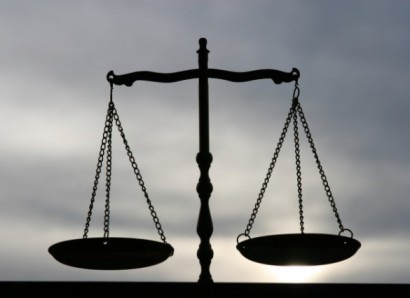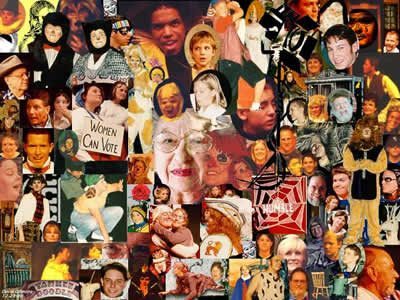 Since man lives in society, different ways of organizing and understanding it have emerged. It could be said that the first idea about what politics is arose in the civilizations of the ancient world, especially in the Greek civilization.
Since man lives in society, different ways of organizing and understanding it have emerged. It could be said that the first idea about what politics is arose in the civilizations of the ancient world, especially in the Greek civilization.
As societies became more complex, different positions emerged about how they should be organized. From the French Revolution of 1789 the dichotomy par excellence in political language emerged, the right and the left.
In the National Assembly created after the storming of the Bastille, it was established that those who sat to the right of the king (the Girondins) were on the right and those who sat on the king's left (the Jacobins) on the left. With this initial distinction, new denominations or labels began to emerge: moderate or radical left, conservative or liberal right, center-right, center-left, ultra-right, and others.
General approach of the extreme right
The vision of the extreme right is to take right wing ideas to the extreme. In this way, the general theses of this political position are the following:
1) the prevalence of everything national against any idea or proposal that comes from abroad,
2) the rejection and sometimes hatred towards foreigners living in the national territory and
3) criticism of some democratic principles, such as universal suffrage, civil liberties, etc.
From an economic point of view, most far-right governments have practiced protectionism.
The mentality of far-right people is often based on very traditional religious beliefs and culturally deeply rooted institutions (for example, the homeland or the family). Those who defend this type of approach usually have a long list of enemies: socialists, Freemasons, gays, atheists, unpatriotic, pro-abortionists, foreigners or Jews.
The regimes of the extreme right in the history of the 20th century
 Although we could go back to previous centuries, the most important far-right regimes appeared in Europe from 1920-1930 in countries such as Spain, Portugal, Italy and Germany. The regimes of these countries, also known as fascists, were based on authoritarianism and expansionism. Francisco Franco, Benito Musolini, Antonio de Oliveira Salazar and Adolf Hitler shared some characteristics, such as xenophobia, militarism and exaggerated patriotism.
Although we could go back to previous centuries, the most important far-right regimes appeared in Europe from 1920-1930 in countries such as Spain, Portugal, Italy and Germany. The regimes of these countries, also known as fascists, were based on authoritarianism and expansionism. Francisco Franco, Benito Musolini, Antonio de Oliveira Salazar and Adolf Hitler shared some characteristics, such as xenophobia, militarism and exaggerated patriotism.
Although past experiences with the extreme right have left bad memories such as repression or genocide, today movements and political parties with this ideology continue to appear. The resurgence of the extreme right must be understood as a reaction to the economic crisis and global confusion.
Photos: Fotolia - cartoonresource / alewka









